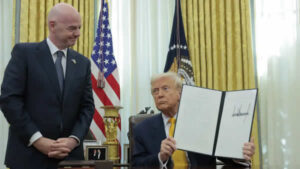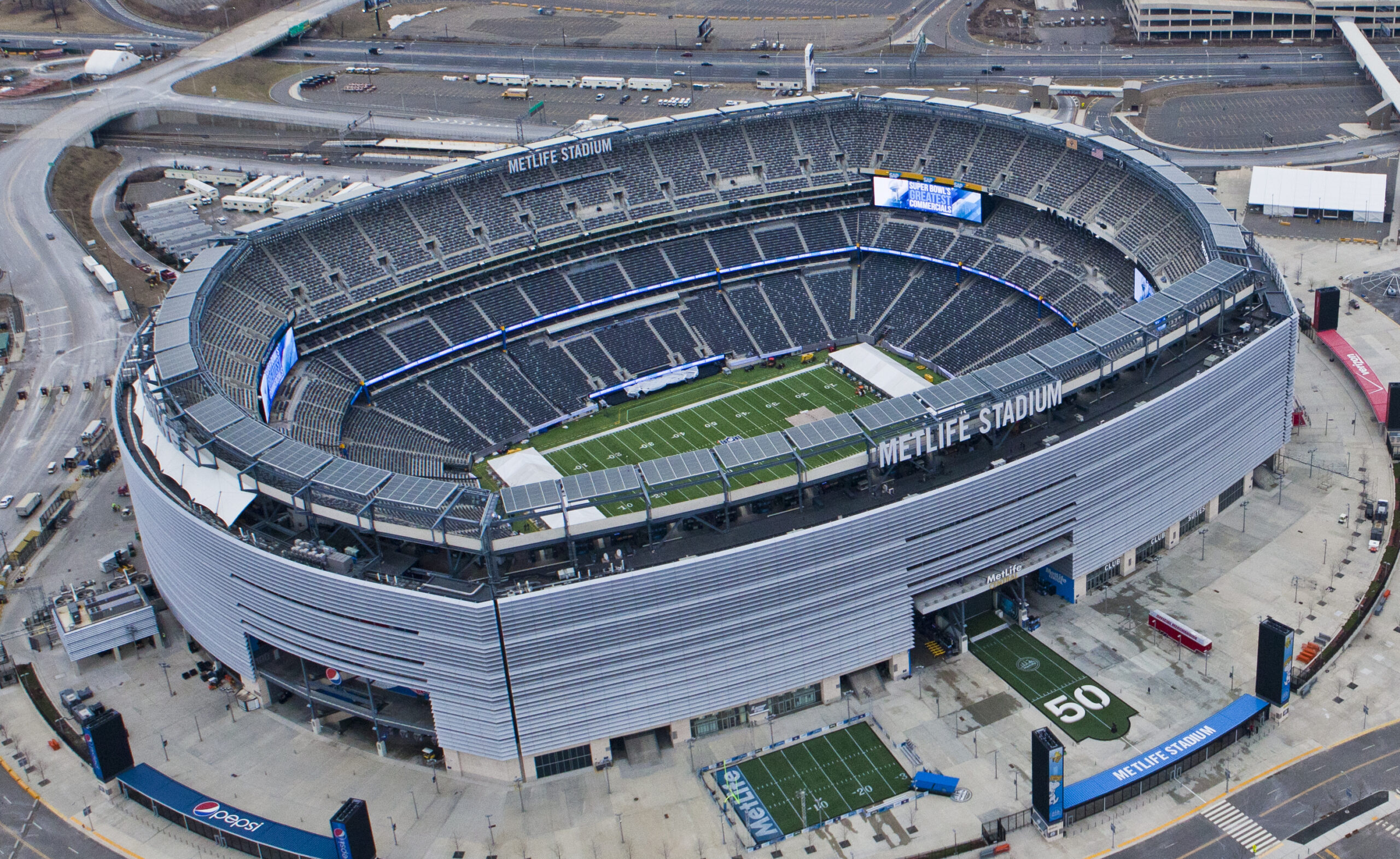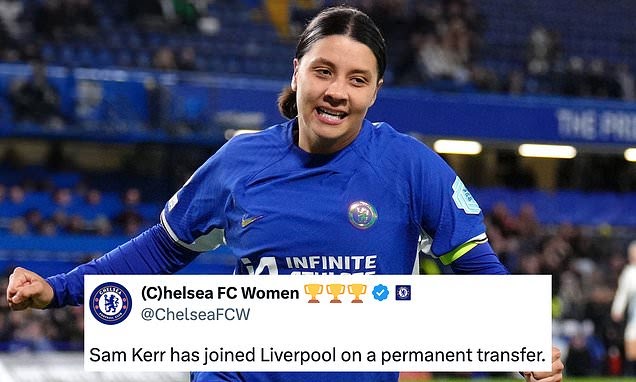Empty Stadiums, Military on the Streets & Team Turmoil: Is the U.S. Prepared for 2026?

With the 2026 FIFA World Cup less than a year away, concerns surrounding the United States’ readiness are becoming more pronounced. From sparsely attended matches and political unrest to uncertainty in the national team’s form under coach Mauricio Pochettino, the world’s attention is focused on how prepared the host nation truly is.
1. Empty Stadiums and Fading Enthusiasm
Recent international matches played on U.S. soil have witnessed surprising gaps in attendance. Even in cities known for passionate sports culture, such as Los Angeles, large sections of stadiums remained vacant during supposedly high-profile games. This trend has raised alarms within the organizing committee, as declining domestic interest could affect the success and atmosphere of the tournament.
Many observers blame inflated ticket prices and a lack of convincing performances from the national team as reasons for fan apathy. Unless addressed, this issue risks casting a shadow over what should be a celebratory global football event.
2. Military Presence and Political Tensions
Adding to the uncertainty are recent deployments of military personnel in major cities like Los Angeles. The show of force, officially meant to maintain public order during ongoing civil demonstrations, has sparked international concern over safety and freedom of movement for visiting fans and teams.
These developments have led to debates about the U.S.’s ability to offer a secure, welcoming environment for the hundreds of thousands of international supporters expected. With such tension in the background, tournament organizers face mounting pressure to ensure the World Cup’s focus remains on football rather than politics or unrest.
3. Pochettino’s Struggles with the National Team
Mauricio Pochettino, appointed last year to lead the U.S. Men’s National Team, finds himself under scrutiny. The team has suffered a string of poor results, including heavy defeats in recent friendlies and a disjointed performance in the CONCACAF Nations League. This worrying form has led to widespread criticism of tactics, team spirit, and player commitment.
Complicating matters further, key players such as Christian Pulisic and Weston McKennie have been absent from recent squads, raising doubts about unity within the camp. Pochettino has stressed the need for collective effort over individual stardom, but consistency remains elusive.
Another challenge is the lack of competitive fixtures ahead of the World Cup. With automatic qualification secured as host nation, the U.S. will largely depend on friendlies and regional competitions like the Gold Cup to sharpen its squad. Critics argue that these matches cannot replicate the intensity of meaningful qualification contests, leaving the team untested when it matters most.
The current Gold Cup campaign has been seen as a vital opportunity to build momentum. Yet underwhelming early performances have only heightened concerns. For Pochettino and his players, this tournament may be pivotal in restoring belief and confidence before the global spotlight arrives.
4. Infrastructure Readiness vs. Public Confidence
On a positive note, U.S. World Cup infrastructure is reportedly nearing completion. Stadiums in key cities, such as New York, Dallas, and Atlanta, have undergone extensive upgrades. A state-of-the-art national training center has also been completed, promising world-class preparation facilities.
However, recent domestic tournaments have exposed organizational flaws, such as transportation bottlenecks and logistical mishaps. These incidents have led some to question whether similar issues could resurface during the World Cup, undermining the host nation’s reputation for efficiency and hospitality.
Conclusion: Time Running Out to Address the Gaps
As the countdown to the 2026 World Cup intensifies, the United States faces a mixture of readiness and risk:
Stadiums and infrastructure are largely in place, but filling seats and generating excitement remains a challenge.
Political stability and public order need clear guarantees to reassure international visitors and participants.
The national team is still searching for identity and consistency, with time quickly running out to resolve its shortcomings.
For the U.S. to deliver a successful World Cup, these elements must come together. Fan enthusiasm must be reignited, public safety confidently assured, and Pochettino’s squad must show signs of cohesion and competitive fire.
The next few months will be critical. Whether this global showcase enhances or damages the reputation of American soccer depends on decisions made right now—both on and off the pitch.




